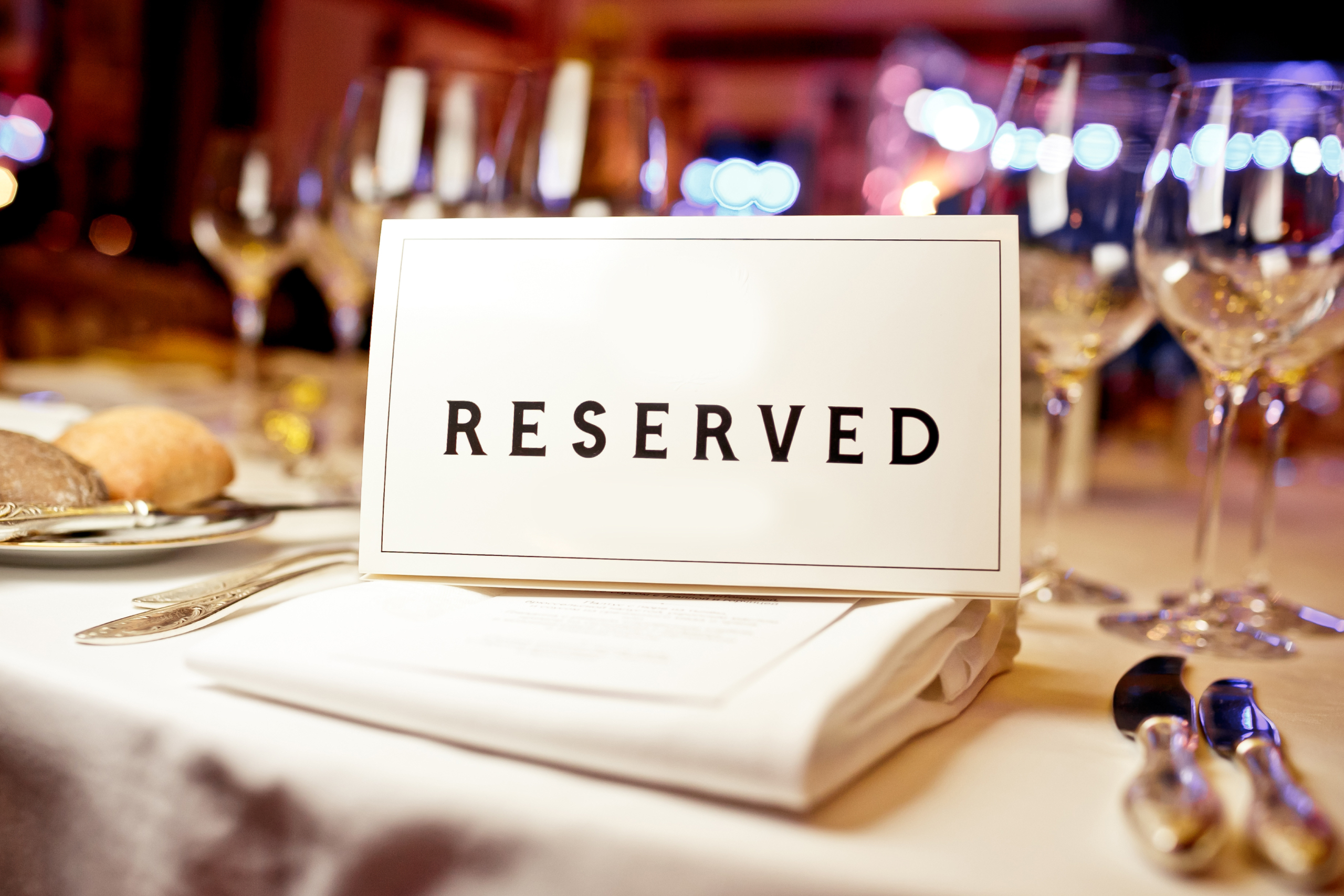Private Event Management Tips
Define Event Objectives and Goals
In the first stages of event planning, you will have to decide the who, what, and where, in addition to what are the objectives and goals for your event? Ask yourself what exactly you wish to accomplish with your event? Make a list of goals to help you stick to a core plan.
Choose a Theme
Think about your event design and choose a theme that will resonate with your attendees. Do some research on your target audience and, based on their overall demographic, find event inspiration. You can also pay attention to current trends in event themes and use a theme that is currently popular. For example, your event can have a movie, music, or a book theme. Other popular themes include decade-themed events, and parties centered around colors, such as a black and white gala. You also would like your guests to leave your event with a good feeling of a memorable experience.
Coordination and Planning
The next step is to begin your event planning and coordination of your team. Set a timeline for each step in your event planning. Be sure to include every task in your plan. You may need to make modifications as you go along, but you will need an idea of what needs to be done.
Choose Your Location and Venue
You need to make sure that your event location is in sync with your event objectives. If your goal is to have as many new attendees as possible, make it easy for your target audience to attend. For instance, if the majority of your target audience is more localized, pick a venue in your hometown.
In addition, you need to choose the venue with care, as well. When choosing an event facility, have a checklist of what your event will need. For instance, how many attendees are you expecting, and are the venue occupancy ranges able to accommodate you? Does the event have proper and modern facilities to accommodate attendees? What are the food options at your venue?
Send Out Invites
The timing is all-important when you send your event invites out. Do not send out too early so prospective attendees may forget. Instead, you can send a save-the-date type announcement for the event early on to generate interest. On the other hand, if you send out your invites too late, people will not have enough notice to attend. Be sure to include the following details in all invitations:
- Date, time, location, and directions
- RSVP information
- Relevant venue/lodging options
Promote Every Way You Can
Event promotion can make or break your event. Once your event is scheduled, promote as much as your budget allows. Blast details of your event on various social media channels that your target audience follows.
On The Day of Event
On event day, you should arrive as early as possible to see that everything is in order. When your special guests and speakers arrive, go out of your way to make them feel comfortable and ask if they need anything. Have your agenda prepared well in advance. Bring all your event promotional materials such as leaflets or packets early on to get them in place for the opening.
Evaluate Post-Event
After your event has concluded, take some time to evaluate how it went. Think about what you can improve upon for the next time. The next step is to tweak your event plan to make your next event even better.
Traveler’s Q can assist you with all your event planning needs. Contact us today to get started.


